6 Best Books of the 21st Century
)
Like the project of the title — an intelligence report that the newly minted C.I.A. operative William “Skip” Sands comes to find both quixotic and useless — the Vietnam-era warfare of Johnson’s rueful, soulful novel lives in shadows, diversions and half-truths. There are no heroes here among the lawless colonels, assassinated priests and faith-stricken NGO nurses; only villainy and vast indifference.
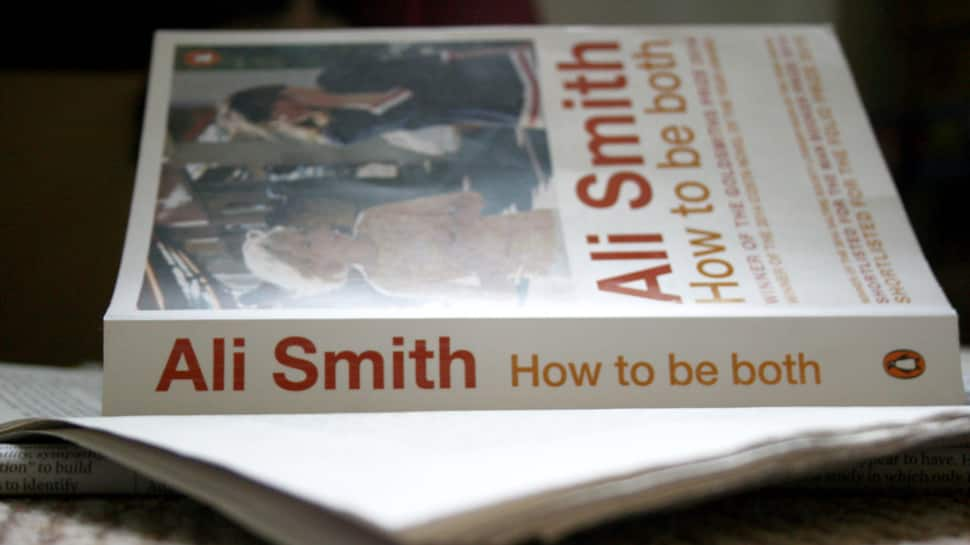
This elegant double helix of a novel entwines the stories of a fictional modern-day British girl and a real-life 15th-century Italian painter. A more conventional book might have explored the ways the past and present mirror each other, but Smith is after something much more radical. “How to Be Both” is a passionate, dialectical critique of the binaries that define and confine us. Not only male and female but also real and imaginary, poetry and prose, living and dead. The way to be “both” is to recognize the extent to which everything already is. — A.O. Scott, critic at large for The Times
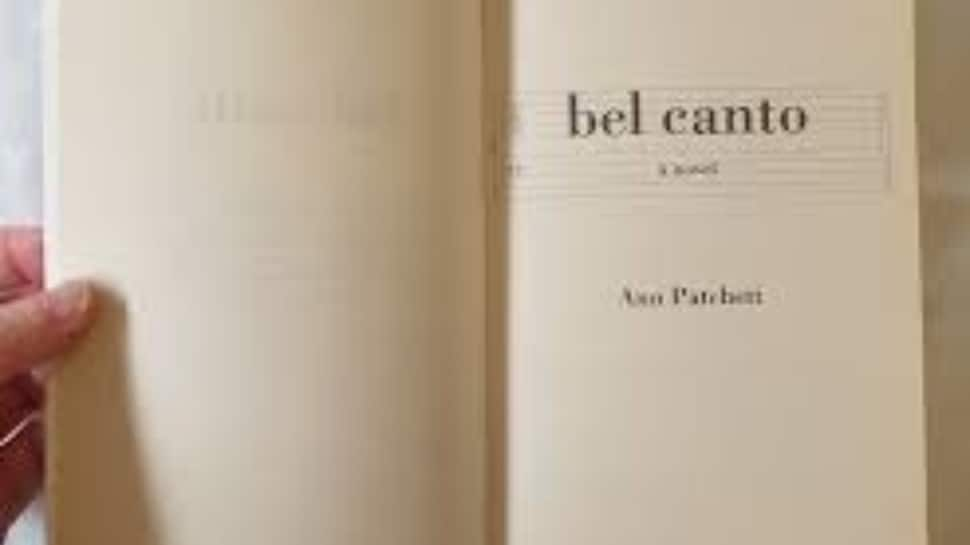
A famed opera singer performs for a Japanese executive’s birthday at a luxe private home in South America; it’s that kind of party. But when a group of young guerrillas swoops in and takes everyone in the house hostage, Patchett’s exquisitely calibrated novel — inspired by a real incident — becomes a piano wire of tension, vibrating on high.
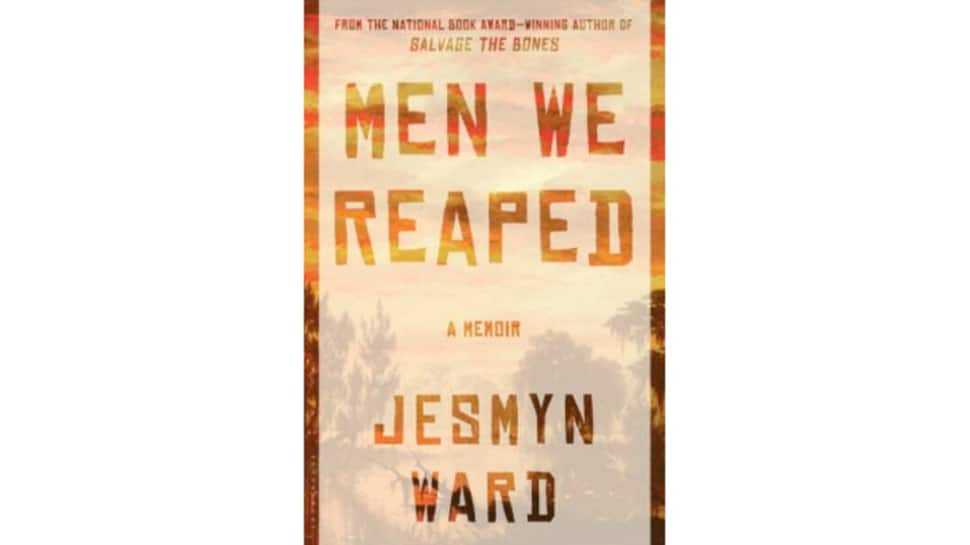
Sandwiched between her two National Book Award-winning novels, Ward’s memoir carries more than fiction’s force in its aching elegy for five young Black men (a brother, a cousin, and three friends) whose untimely exits from her life came violently and without warning. Their deaths — from suicide and homicide, addiction and accident — place the hidden contours of race, justice and cruel circumstance in stark relief.
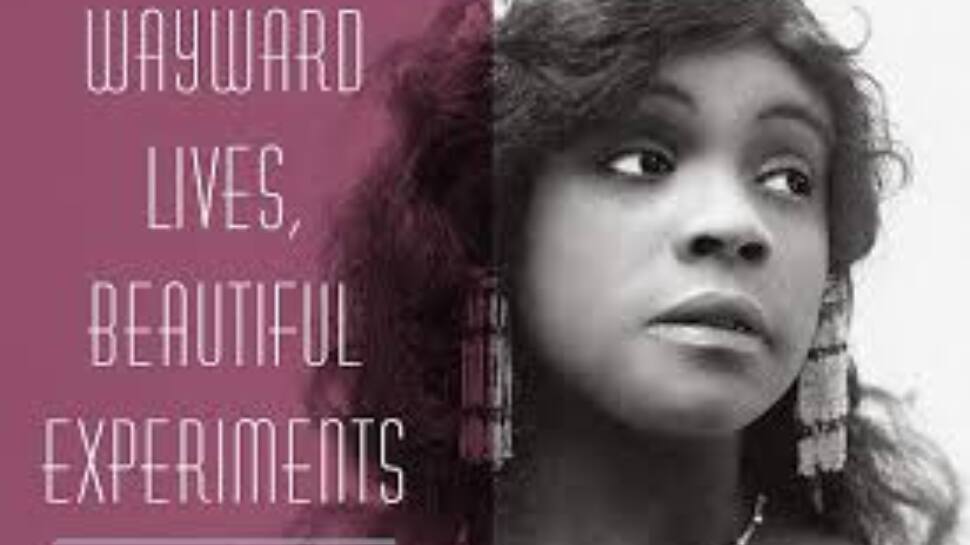
A beautiful, meticulously researched exploration of the lives of Black girls whom early-20th-century laws designated as “wayward” for such crimes as having serial lovers, or an excess of desire, or a style of comportment that was outside white norms. Hartman grapples with “the power and authority of the archive and the limits it sets on what can be known” about poor Black women, but from the few traces she uncovers in the historical record, she manages to sketch moving portraits, restoring joy and freedom and movement to what, in other hands, might have been mere statistics. — Laila Lalami, author of “The Other Americans”
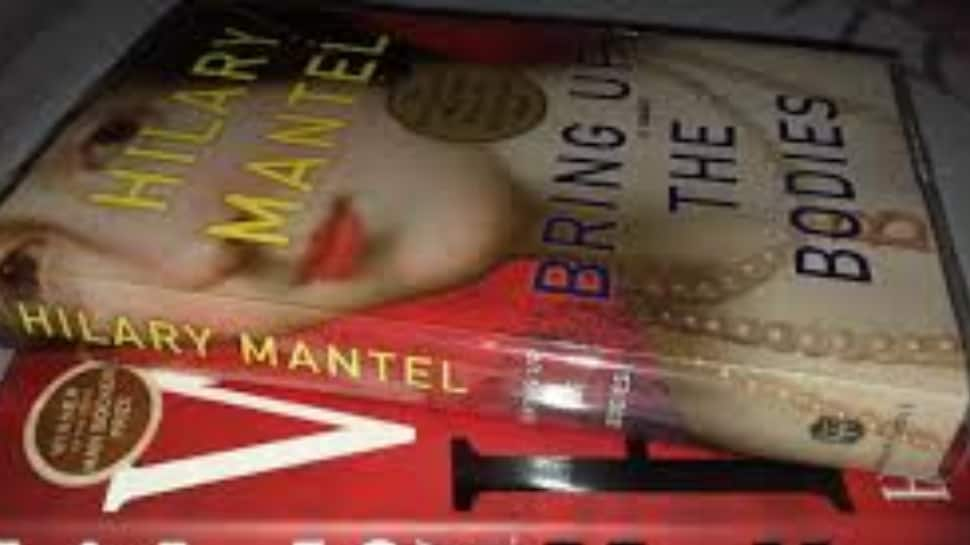
The title comes from an old English legal phrase for summoning men who have been accused of treason to trial; in the court’s eyes, effectively, they are already dead. But Mantel’s tour-de-force portrait of Thomas Cromwell, the second instalment in her vaunted “Wolf Hall” series, thrums with thrilling, obstinate life: a lowborn statesman on the rise; a king in love (and out of love, and in love again); a mad roundelay of power plays, poisoned loyalties and fateful realignments. It’s only empires, after all.

